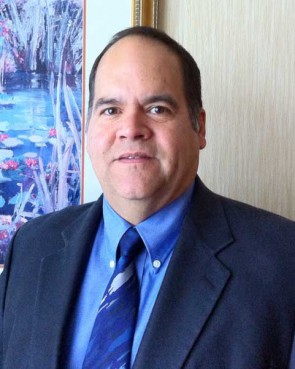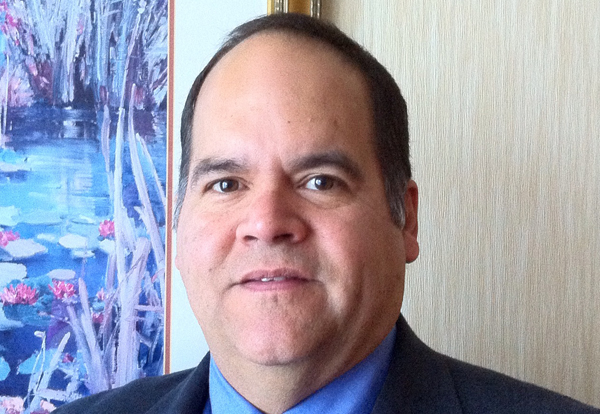(RNS) Leaders of Christian Churches Together in the USA, a 10-year-old network aimed at promoting interchurch collaboration, have chosen a Presbyterian ecumenical associate as their new executive director.

The Rev. Carlos Malave, who worked for the Presbyterian Church (USA) for 11 years, said CCT is trying to adapt in the challenging realm of ecumenical relations. Malave has been chosen by CCT as their new executive director.
The Rev. Carlos Malave, who worked for the Presbyterian Church (USA) for 11 years, said CCT is trying to adapt in the challenging realm of ecumenical relations.
The National Council of Churches and Churches Uniting in Christ, two decades-old groups focused on church unity, have been dealing with financial and leadership woes. While scholars, such as those who gathered in April in Assisi, Italy, have grappled with what they consider an “ecumenical winter,” Malave says CCT is successfully using new methods as the church adjusts to post-modernism.
“It provides the framework for a new kind of ecumenical approach,” said Malave, 50, in an interview shortly after starting his post on June 23.
The network of more than 40 churches and Christian groups is addressing racism, poverty, evangelism and immigration. It includes five “families” of Christianity — Catholic, evangelical Protestant, historic black, historic Protestant and Orthodox.
Pointing to examples of partnerships among some CCT segments, Malave said the evangelical relief organization World Vision has worked with the Armenian Orthodox Church in America to develop educational materials in Armenia and with African-American churches to assist Hurricane Katrina victims.
Still, Malave would like to see more CCT partnerships with evangelical and African-American denominations. The historic Methodist Episcopal denominations have not joined CCT, with some questioning its broad structure that calls for reaching complete consensus before taking major action.
“We want to increase African-American participation because we’re less without them,” said Malave, who succeeded the Rev. Dick Hamm, who retired.
The Rev. Leonid Kishkovsky, moderator of CCT’s steering committee, said CCT leaders appreciate Malave’s track record in ecumenical work. They also hope that choosing Malave as the new executive director will encourage Latino Christians to view CCT as “not just quota-type inclusive but genuinely inclusive.”
Malave, who was born in Puerto Rico, said the National Hispanic Christian Leadership Conference, an evangelical group, has joined CCT but he, too, hopes for an increasing number of Latino partners.
Next year, the CCT is planning an event in Birmingham, Ala., and its leaders are preparing a formal response to the Rev. Martin Luther King Jr.’s “Letter from Birmingham Jail.” King wrote the letter in 1963, nearly 50 years ago, to respond to local white clergy who urged that black civil rights activists halt their “unwise and untimely” protests.





